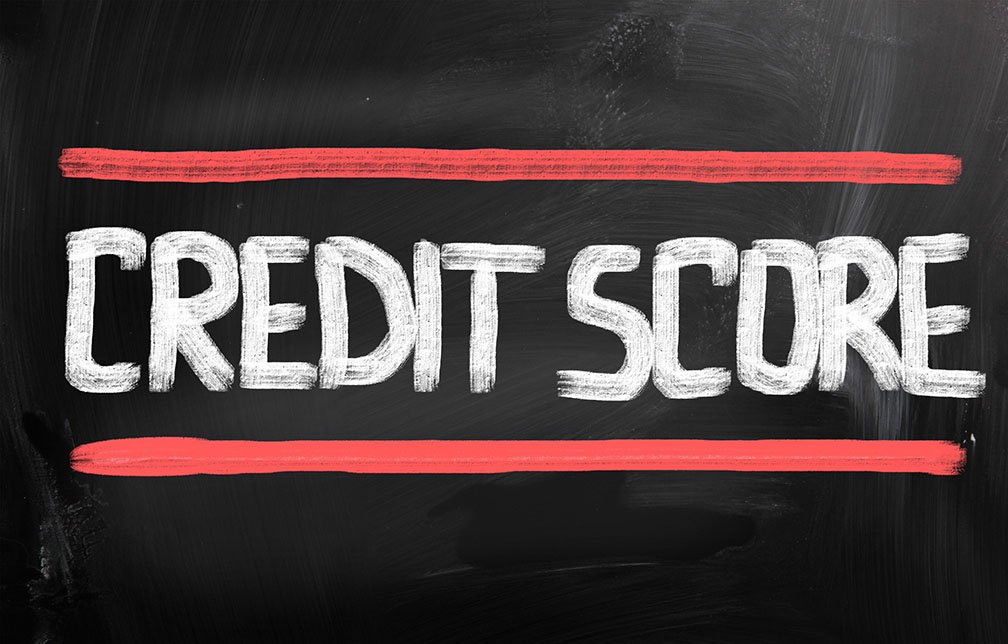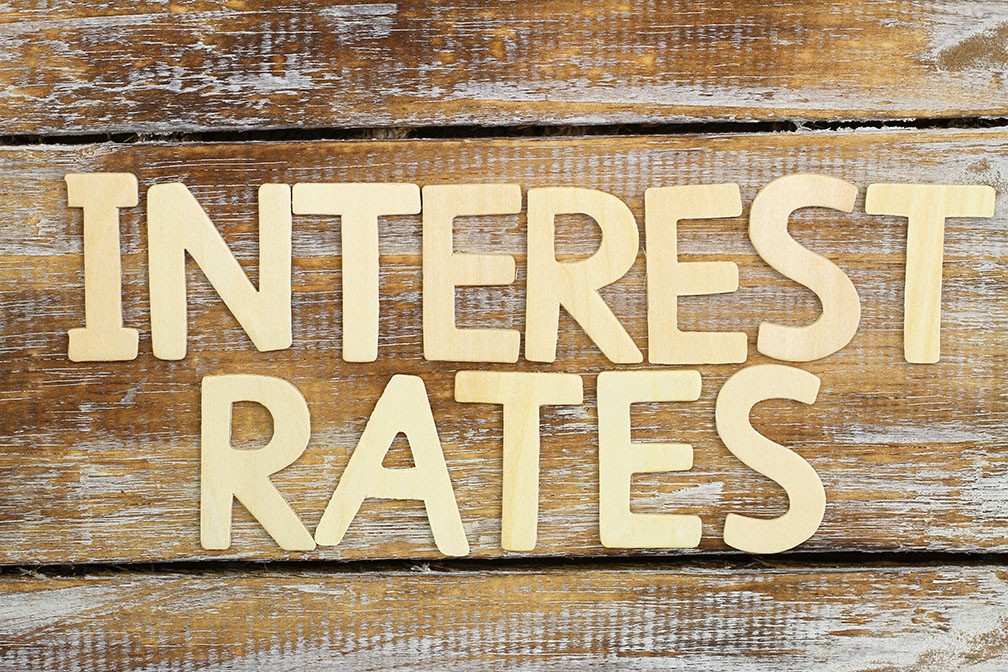Recently Lost Your Job? 3 Tips for Managing Your Mortgage When You’re Out of Work
 The financial responsibility of a monthly mortgage payment can be stressful on its own, but you may be even more concerned about your home investment if you’ve recently lost your job. Fortunately, there are some things you can do and places you can turn if you’re not yet certain where your next paycheck will come from. If you’re struggling with newfound unemployment, here are some important steps to take.
The financial responsibility of a monthly mortgage payment can be stressful on its own, but you may be even more concerned about your home investment if you’ve recently lost your job. Fortunately, there are some things you can do and places you can turn if you’re not yet certain where your next paycheck will come from. If you’re struggling with newfound unemployment, here are some important steps to take.
Shake The Piggy Bank
Most people struggle to save and that means they don’t necessarily want to dip into savings when it comes to financial difficulties. Unfortunately, if a job does not appear quickly, you may have to rely on the money you’ve accrued to help you out. It’s important to take a look at how much savings you have and determine how long it will last. Instead of just calculating your monthly payment and leaving it at that, be realistic and include all of your applicable living expenses to see how much leeway you have.
Reach Out To Your Lender
It may seem like mortgage lenders will not be concerned with your plight, but it can be to your benefit to reach out as soon as you think there might be a lapse in payment. It’s possible your lender may be able to offer you some type of payment plan if they’re provided with a timeframe for payment. Plus, they will be impressed with your honesty and quick communication. If you have a solid credit history and have made all of your payments on time, contacting your lender may buy you a bit more time.
Contact Your Government Agency
If you’ve used a government agency to secure your mortgage, there’s a good chance there may be a program available that will assist you in getting through this financial time. Whether you’ve worked directly with the Federal Housing Administration (FHA) or Fannie Mae and Freddie Mac, you may be able to find an opportunity in your unemployment that will cover your loan amount for you. It’s just important to be aware of any financial consequences once you’re back on your feet.
It can be very stressful to pay down your mortgage while you’re out of work, but you may be able to get through it by being aware of your financial picture and communicating with your lender. If you’re currently struggling with your mortgage, your trusted mortgage professionals for more information.

 Many people all over the world are dealing with issues involving debt or poor credit history, but most aren’t necessarily aware of what exactly makes up their credit score. Unfortunately, it might seem like it’s the big stuff that counts when it comes to credit, but little things can have a significant impact on your financial health. If you’re looking to improve your understanding and your finances, here’s what you need to know about small mistakes and your FICO score.
Many people all over the world are dealing with issues involving debt or poor credit history, but most aren’t necessarily aware of what exactly makes up their credit score. Unfortunately, it might seem like it’s the big stuff that counts when it comes to credit, but little things can have a significant impact on your financial health. If you’re looking to improve your understanding and your finances, here’s what you need to know about small mistakes and your FICO score. Whether you’ve just finished school or are about to start a family, investing in a home can be one of the biggest financial decisions of your life. But as you’ll soon discover, there are a number of considerations you’ll need to make. It can be difficult to know whether to get a short-term or long-term mortgage, or how long of an amortization period you’ll need. Read on below for three questions that will help you to make your decision, as now is the best time to dive into the market.
Whether you’ve just finished school or are about to start a family, investing in a home can be one of the biggest financial decisions of your life. But as you’ll soon discover, there are a number of considerations you’ll need to make. It can be difficult to know whether to get a short-term or long-term mortgage, or how long of an amortization period you’ll need. Read on below for three questions that will help you to make your decision, as now is the best time to dive into the market.